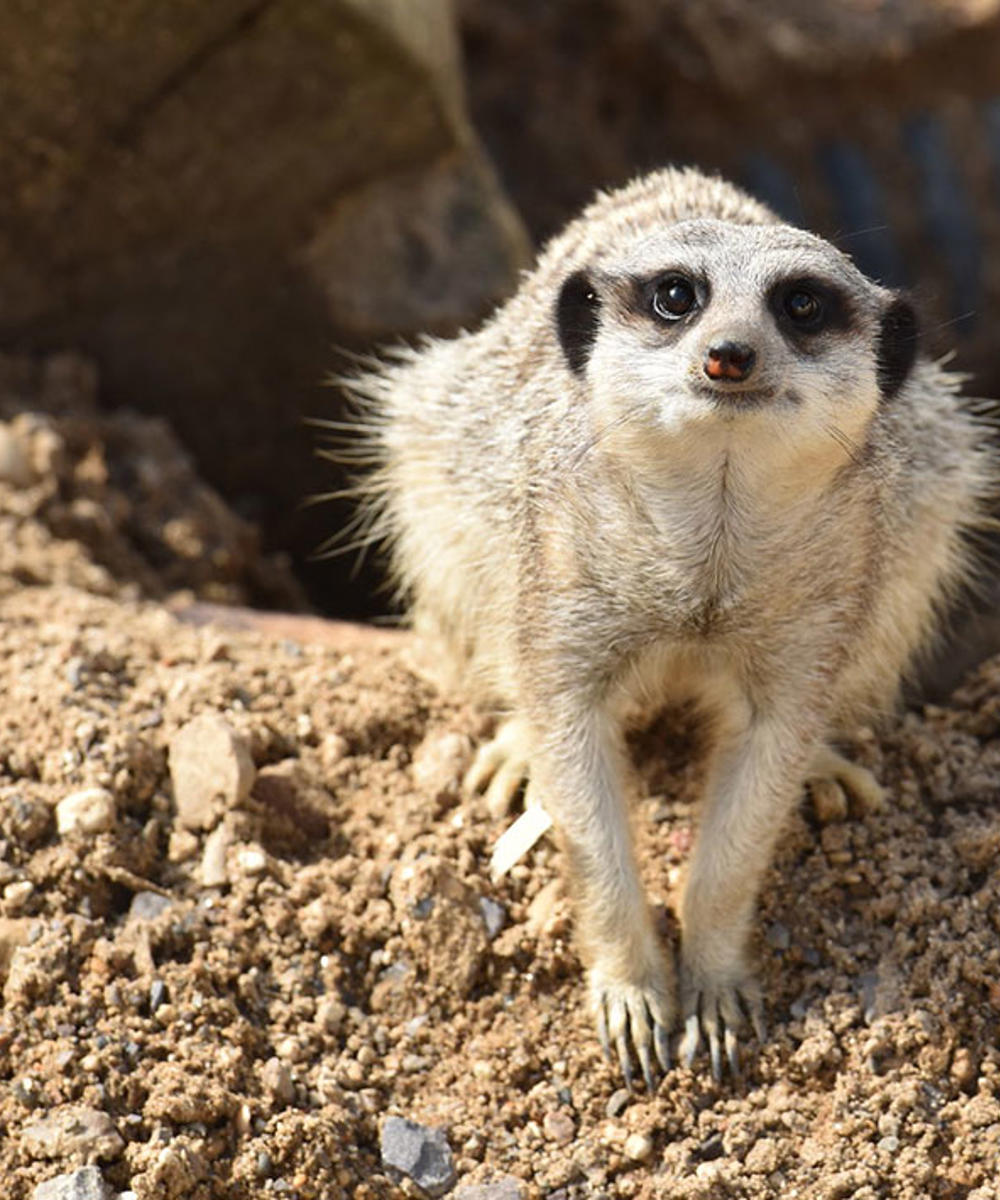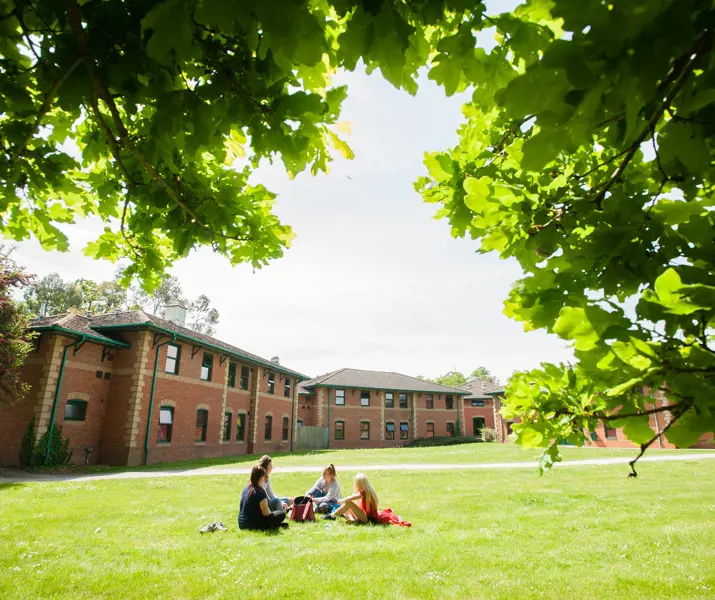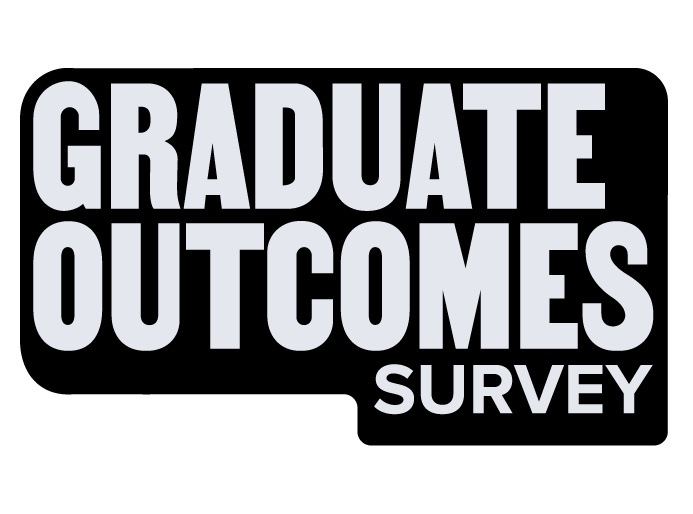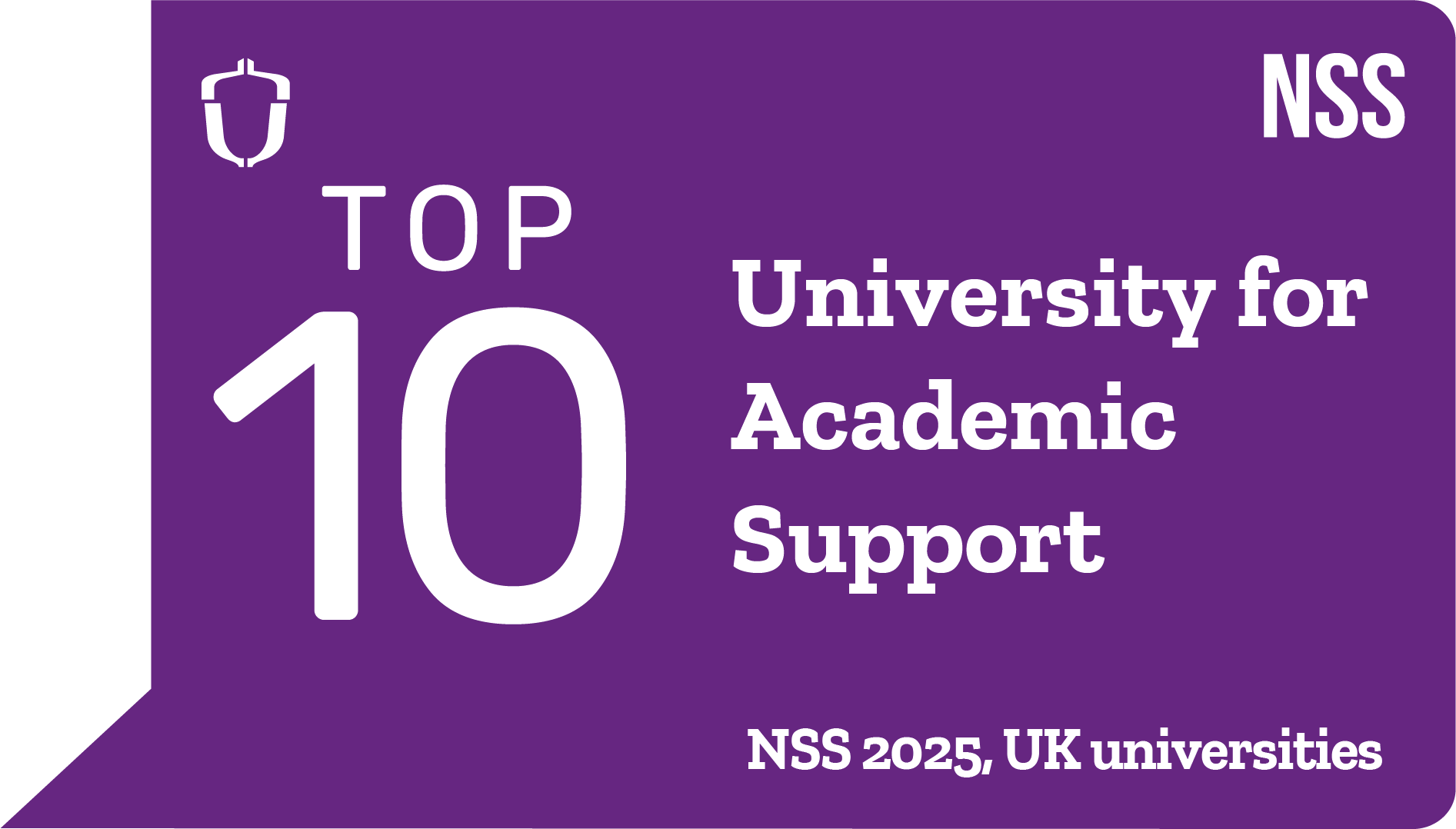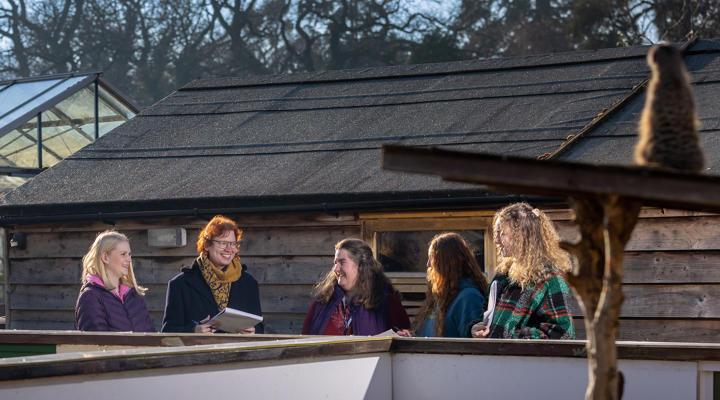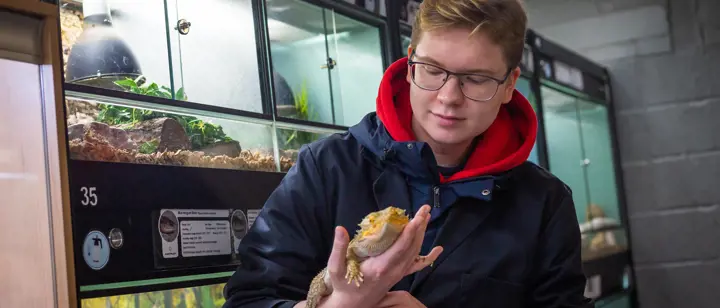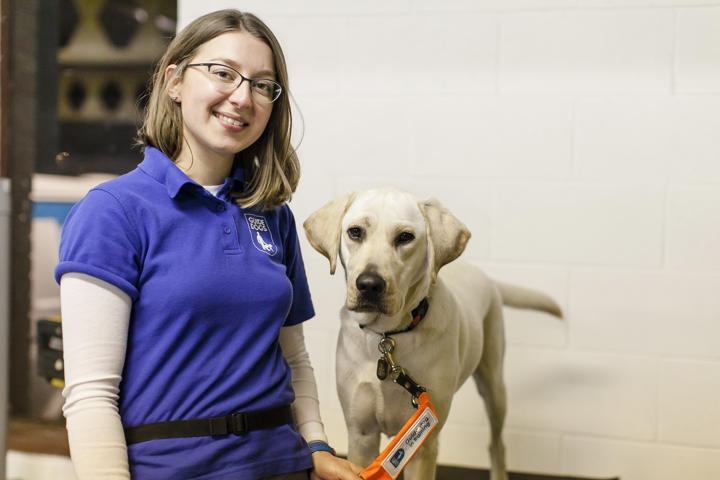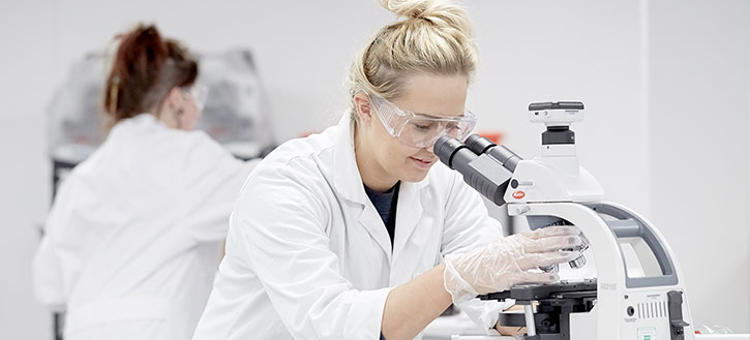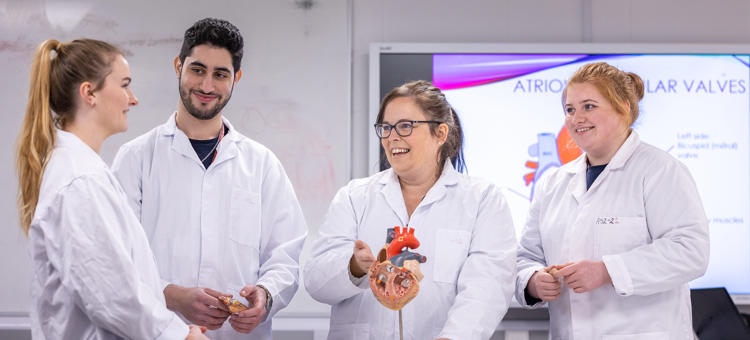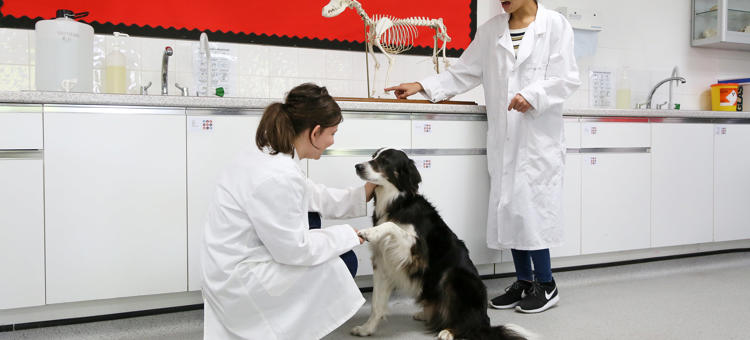Your final year allows you to focus on areas that are of particular interest to you and will support you in your future career. You’ll undertake a substantial research dissertation project, which will provide you with the chance to experience being responsible for planning, implementing and reporting on a specialist topic. In addition, you’ll be exposed to contemporary challenges in the subject areas such as animal trade and welfare. You’ll focus on advanced theory and gain an insight into where current research is focusing.
Compulsory Modules
Animal and Agriculture Dissertation
This module involves independent research and analysis in an animal or agriculture‐related field with one-to‐one support from an academic.
Welfare of Trade Animals
Explore the influence of the marketplace on animal welfare, including commercial use of wildlife, animals as entertainment and transportation of animals.
Cognitive Ethology
Develop the ability to critically evaluate the evidence supporting cognitive abilities in non-human animals.
Wildlife and Zoo Management
This module provides the opportunity to work with a UK zoo to explore the application of the biology learnt throughout the course to the practical zoo environment, through day trips. Students will also explore topics such as wildlife reintroduction and breeding for conservation.
Optional Modules
Anthrozoology
Anthrozoology is the study of human-animal interactions, exploring the impact animals have on our lives, and the impact they have on ours.
Biodiversity and Conservation
The module will enable students to analyse and evaluate real world biodiversity conservation challenges and develop practical management recommendations based on science and industry best practice. The assessments are based on applied case studies, and incorporate some practical field work, an introduction to QGIS and management planning.
Professional Experience in the Animal Sector 2
Reflect on and evaluate a period of industry experience within the animal sector.

